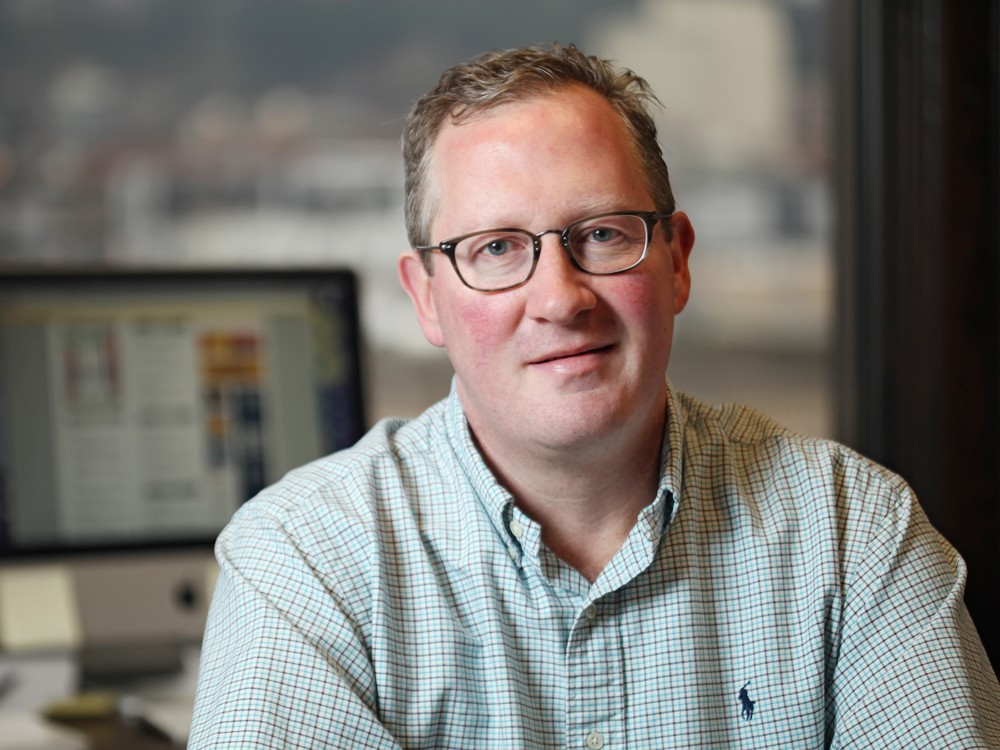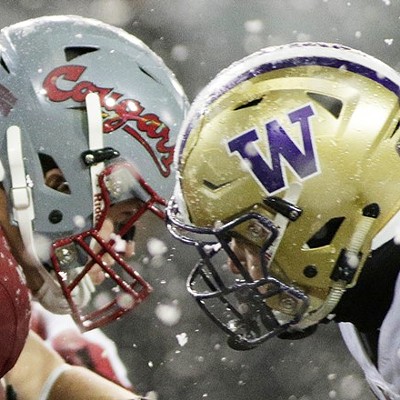“Let’s leave it to the states to decide.” You hear that a lot on those tough issues that America has become less and less able to grapple with back in D.C.
And the states are deciding, on issues from gay marriage to abortion to legalizing marijuana to “stand-your-ground” laws like in Florida. What’s been so surprising is that from one state to the next you can have a set of laws that barely resemble each other. Different states are starting to seem more like entirely different countries.
It’s a dynamic that’s been at work since the 1960s, but is accelerating today. More like-minded people cluster in states where they will feel at home, leading to more extreme political positions, leading to entirely different sets of laws. The Texas legislature, for example, just passed the most restrictive abortion laws in the nation, while Washington voters recently allowed for the legalization of marijuana for recreational use by adults.
This new segregation was detailed in the 2008 book The Big Sort, which pointed out that American families moved 100 million times in the decade prior — generally to places where they’d find “their kind of people.” And there are winners and losers in all this sorting, as the 2010 Census confirms. Cities like Detroit and St. Louis are shrinking, while cities like Portland and Austin are booming.
Bill Bishop, author of The Big Sort, echoes the concerns of the Founding Fathers when he writes, “Heterogeneous communities restrain group excesses; homogeneous communities march toward the extremes.”
And as issues the federal government should take up are pushed to the states, new cultural tribes are staking out their territory across America. Like-minded citizens vote for more and more extreme representatives, Bishop argues, and they dream up more and more extreme legislation. The result is that states are winding up in completely different places — almost like living on different planets.
So for all its faults, I was glad to see the Washington legislature create a kind of de facto power-sharing arrangement between the two parties; I don’t want to see us become a one-party state that gets caught up in doubling down on crazy. We should cherish our differences, not try to stamp them out. And we should listen to those who don’t agree with us — that’s just Democracy 101.
Being open-minded allows Washington to project a welcoming face to the world, with growing, creative companies, beautiful environments and an accepting vibe to all people. That makes it the kind of state poised to be a winner as the big sort continues to shake out. And for me, it’s the kind of place that feels like home.





















